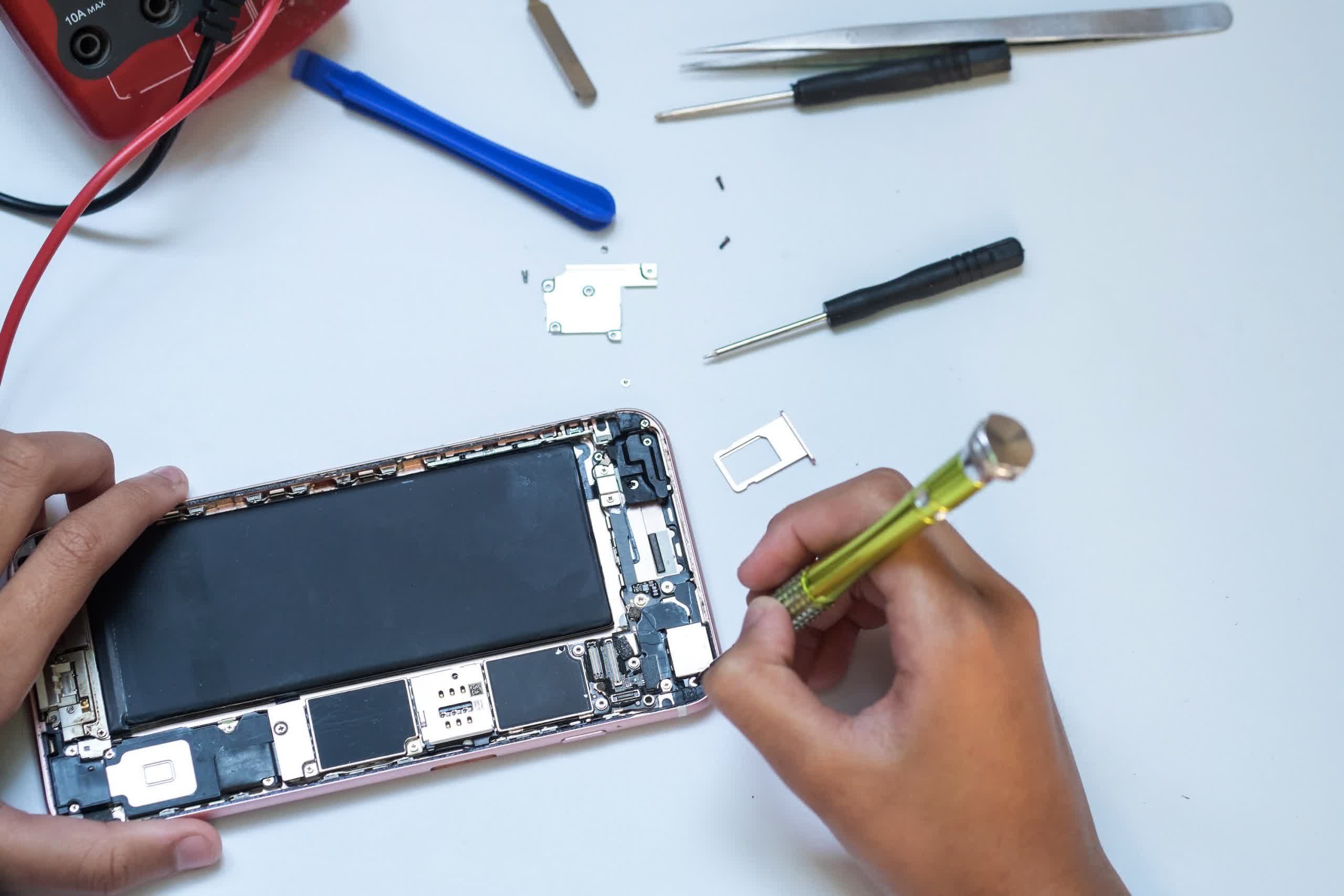In context: In a not-so surprising move, Google is backing a new right-to-repair law. The move is part of a continuing erosion of Big Tech's iron fist of proprietary repair and outright opposition to the right-to-repair movement (R2R).
On Thursday, Google published a blog post endorsing a proposed law in Oregon that would force manufacturers to allow customers access to the tools and parts required to fix their devices. Lawmakers modeled the bill after legislation passed in other states like California and New York.
"This legislation represents an inclusive compromise that brings tech companies, small repair companies, environmental leaders and legislators to the table to find common ground and support the repair movement," said Google Devices and Services Director of Operations Steven Nickel.
If passed, DIYers and independent repair shops would have access to tools, parts, instructions, and schematics for various equipment, from phones to computers. It's worth mentioning that Google has sold parts and tools through IFixIt's online store since 2022.
Big Tech has a long history of lobbying against the consumer's right to repair. Only in the last few years have we started seeing companies loosen their grip on the matter. Google, along with other Big Tech firms like Apple, Microsoft, Lenovo, Nokia, Tesla, and others, have recently spun a 180 on the issue of self-repair.
Part of the turnaround has been pressure from lawmakers. However, a bigger push comes from internal activism. Many manufacturers have entered a game of one-upmanship regarding sustainability and environmental-friendliness. Climate change concerns have many companies rushing to be "carbon-neutral" by 20XX.
This race has forced them to rethink their repair policies, as pointed out in a white paper by Google Strategy & Sustainability head Ted Briggs.
"We're now pursuing an ambitious goal of net-zero emissions across our operations and value chain by 2030," wrote Briggs. "To meet this 2030 net-zero goal, our devices must be built to last ... [So] we're working to empower everyone with more repair options to extend the useful lifespan of the hardware technology that has become so important in everyday life."
The paper suggests some common sense approaches lawmakers in Oregon and elsewhere can use to strengthen consumers' right to repair without hampering manufacturer innovation. Briggs says that laws should address "repair outcomes" rather than mandate companies change their designs.
He also suggests that laws or regulations should restrict companies from developing software roadblocks to repair. This comment might have been a retort to Apple famously breaking third-party screen replacements with iOS tweaks.
To be fair, some of Google's biggest rivals have shown a similar pivot in their stance. Apple, which once sued states to block R2R laws, supported California's R2R bill last year. Similarly, Levono pledged to have 80 percent of its devices user-repairable by next year, and Microsoft has begun offering replacement parts for its Surface devices and Xbox controllers.
The only thing left is to get self-repair costs down to a reasonable level. It is still more cost-effective to have Google or Apple do the repair, thanks to sky-high prices on parts and tools.
Image credit: Shutterstock

